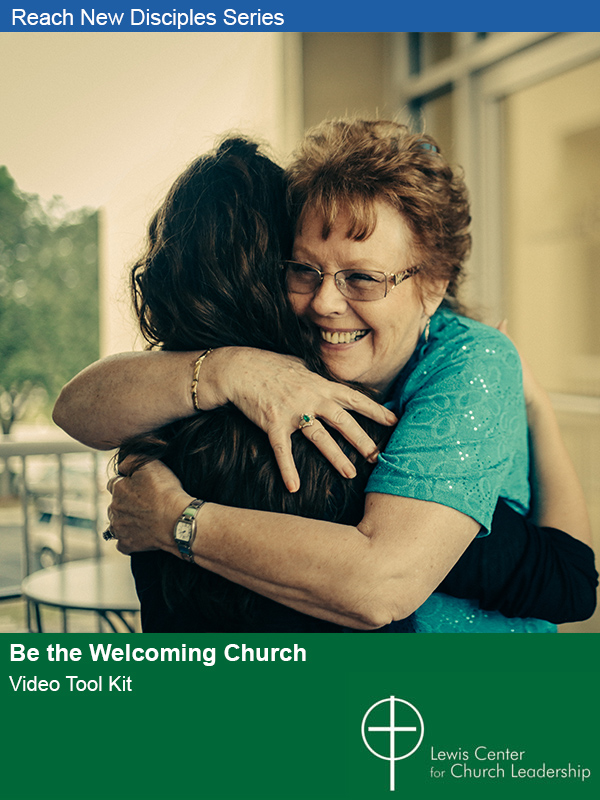Drawing on Anthony Pappas’s work, Lovett Weems names factors important in helping small churches embrace change and new people.
Anthony Pappas is area minister for the Old Colony Association of the American Baptist Churches of Massachusetts. He was formerly pastor on Block Island. His book Entering the World of the Small Membership Church (Alban, revised edition 2000) is a fine resource. More recently he edited a collection of articles from newsletters and magazines, Inside the Small Church (Alban, 2002). Pappas contributes a chapter on how hard it is to “open up” the small church to be a welcoming church. He likens the small church to French bread. It is wonderful once you break it open, but breaking it open is not easy! Pappas suggests three ways such churches can open up to others.
Building Up (attitude)
Self-esteem needs to be built up. Small churches are often defensive after experiencing many rejections. Pappas’s suggestions:
- Language. Start talking a language of health. Lift up strengths.
- Reinforce the good. Celebrate successes.
- Do things that bring about successes. Take things in bite-size chunks.
Breaking Up (relationships)
In many small churches it is hard for a newcomer to find a place. Everything is so set and monolithic. Pappas’s suggestions:
- Rewrite the story. Rethink the story of who “family” is here. Find pieces of history that show a much more diverse heritage than most assume today.
- Encourage bridge people. Some people stand at the bridges between church and community. They need to be encouraged since they can help reach people outside the church.
- Nurture the rebel within. Pastors are expected to advocate change. It is much easier, however, for a member of the church to challenge the status quo. Find and encourage such persons.
Getting Up (behavior)
The range of behaviors and activities of the typical small church is not wide enough to let new people in. Pappas’s suggestions:
- Engage in high-service, low-threat activities. Events that expose the community to the church without requiring commitment are ways to build initial connections. Opening the church for community functions or providing services for the community are some examples.
- Avoid exclusionary activities. What do you do that seems closed to outsiders? What practices make your activities unwelcoming to those who may be new to the community?
- Preserve continuity in change. The small church is oriented to the past. Introduce change in ways that can be handled. Keep a slow and steady time frame. Don’t wear everybody out!
Related Resources
- A New Way to View Vitality in Smaller Congregations Lewis A. Parks
- Doing Community Ministry in the Small Church Joy F. Skjegstad
- Connect With Your Neighbors Video Tool Kit







